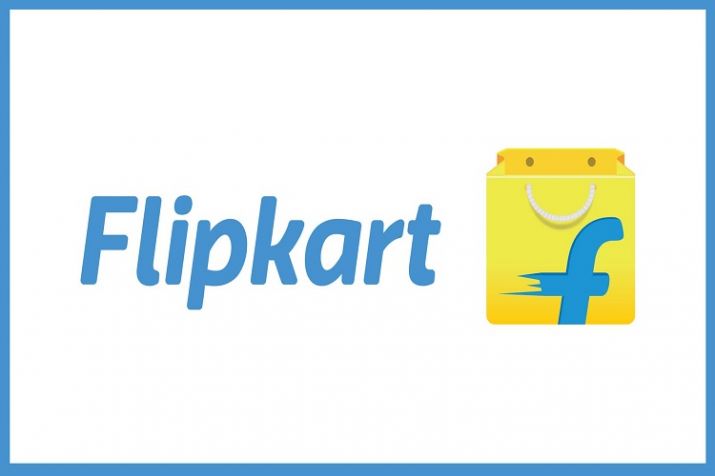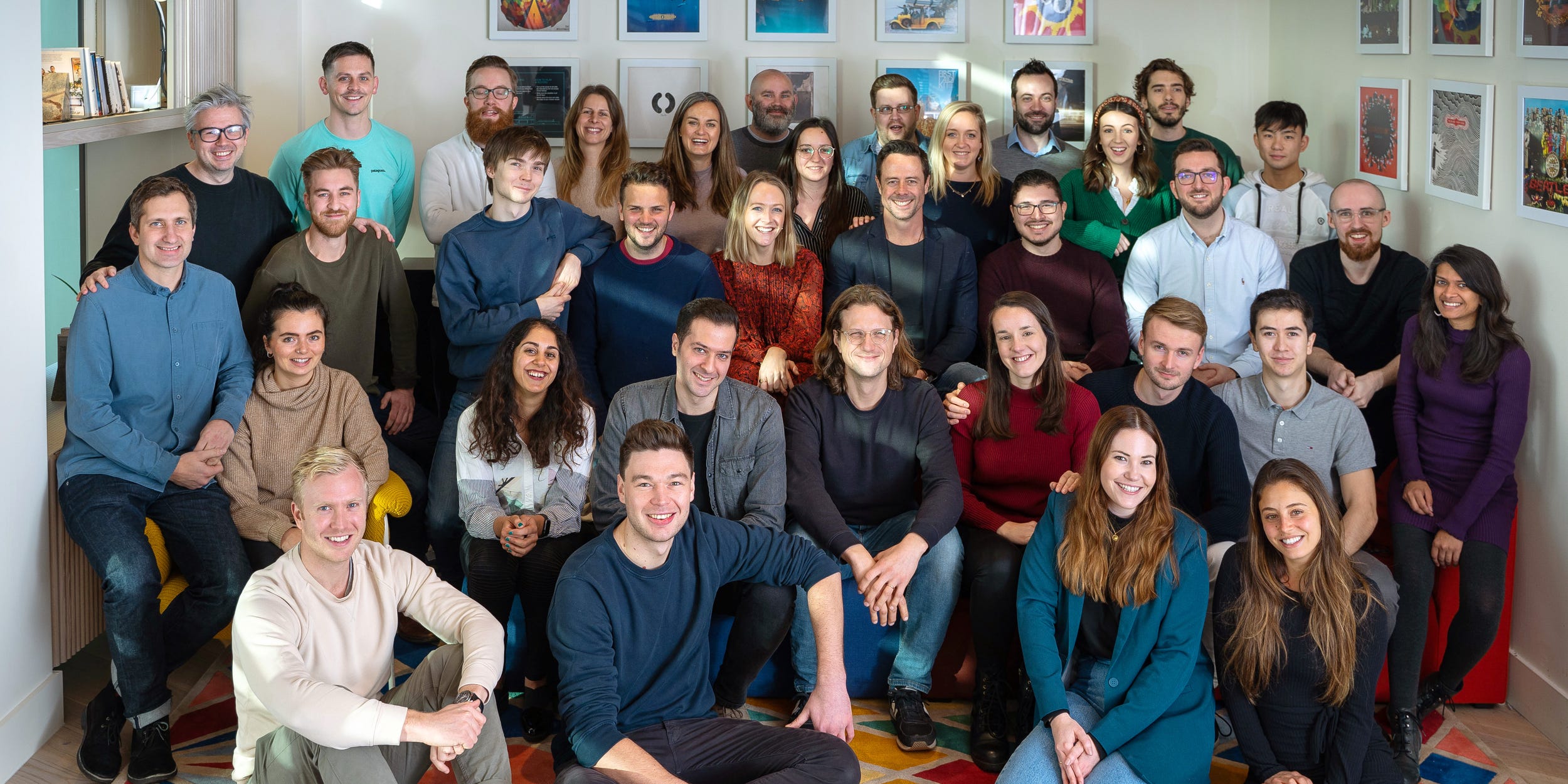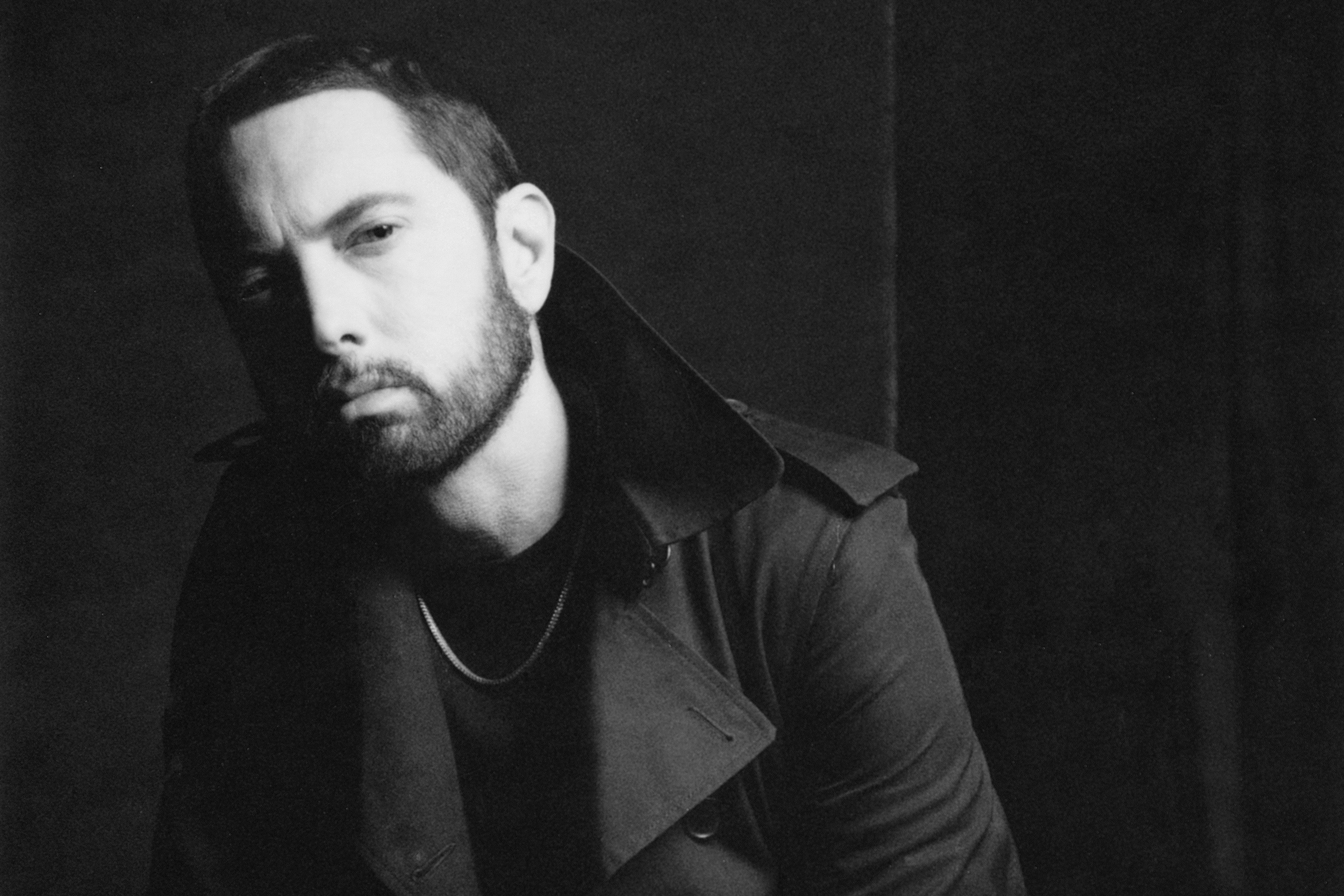By PAUL SAWERS @PSAWERS –
PredictHQ, a company that aggregates data sets from myriad events and public holidays to help companies forecast demand for their services, has raised $22 million in a series B round of funding led by Sutter Hill Ventures, with participation from Lightspeed Venture Partners, Aspect Ventures, and Rampersand VC.
The San Francisco-based startup taps myriad sources for data related to concerts, sports, public holidays, and more and then adds in proprietary and “hard to find” data. It throws all of this into a big melting pot, channels it into an API, and licenses it to companies like Uber, Domino’s, Quantas, and Booking.com.










PredictHQ’s secret sauce is the way it combines data. For example, knowing there’s a rock concert on a specific date in San Diego is useful, but adding in the fact that the American Society of Hematology is holding an exposition in the same area on the same day might suggest an even greater demand for rides. Moreover, Uber could tap other independent data sources — including hyper local weather forecasts — to fill in the picture. If a torrential downpour is anticipated as the two major events are about to finish, for example, drivers can be standing by to cash in.
Similarly, by using PredictHQ’s data Domino’s can garner greater insights into how many delivery drivers might be needed on a specific evening, or whether a location might need to order more ingredients.
Ultimately, PredictHQ is all about helping businesses cut down on losses by adapting their supply and pricing to suit demand.

Above: PredictHQ on a laptop
Image Credit: PredictHQThe story so far
Founded out of Auckland, New Zealand in 2015, PredictHQ exited stealth three years later with $10 million in funding. That same year, its global headquarters moved to San Francisco, along with CEO and cofounder Campbell Brown. With another $22 million in the bank, the company said it’s now well positioned to grow its data science team and bring its demand intelligence platform to more industries and markets.
“This funding will be used to grow the team, especially our data scientists, who now make up about half of our team,” Campbell told VentureBeat. “We are focused on our correlation and prediction engine that will turn months of complicated data science work into a few hours for our customers.”
Back in September, PredictHQ launched its first industry-specific product, called aviation rank, which is designed for airlines. Aviation rank uses machine learning models to forecast which global events are likely to impact the demand for flight bookings — anything from Oktoberfest in Munich, Germany to the World Dairy Expo in Madison, Wisconsin. A specific product is required for the airline industry because some events are more likely to attract inbound air traffic than others. A major music festival or technology conference will likely draw people from far and wide, whereas a local standup comedy gig probably won’t. By tailoring its product to niche markets, PredictHQ widens its appeal.

Above: High-impact events as shown in PredictHQ’s aviation rank
According to Brown, the company will be working on similar product niches in the future, but for now it’s more focused on developing its main product.
“Aviation rank has performed really well for us, snagging us a series of leading airline customers,” Brown said. “But the opportunity in front of us is vast, so we are focused on sequencing our investment into our core product and knowledge graph to generate even greater relevance. This creates value for all of our customers and target industries. We will be working on industry-relevant products in the future, but we prioritized aviation rank early because airlines have very specific requirements.”
Big data is the driving force behind countless digital services, informing life insurance policies, insights into cities, and public transport decisions. Pittsburgh-based Gridwise, for example, targets ride-hailing drivers directly via a dedicated mobile app that uses big data and real-time alerts to inform them about potential ways to increase their earnings.
Whatever the industry, it’s clear there’s a growing demand for big data insights that help companies adapt to shifting consumer demand.
“In today’s hyper-connected world, it just doesn’t make sense for businesses to miss out on factoring the significant impact of real-world events into their forecasting, pricing, planning, and other business optimization strategies,” Brown said. (READ MORE)
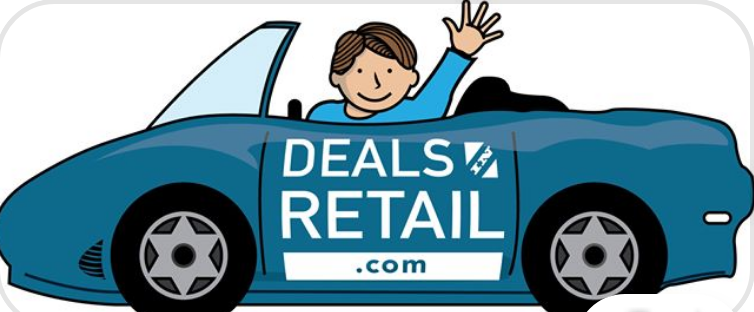
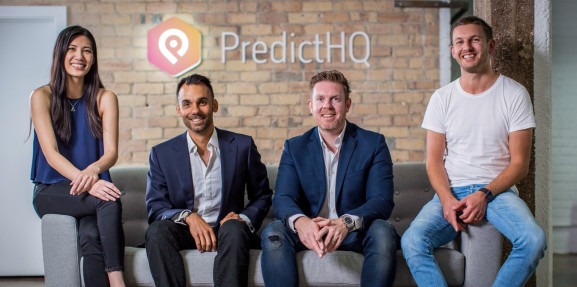
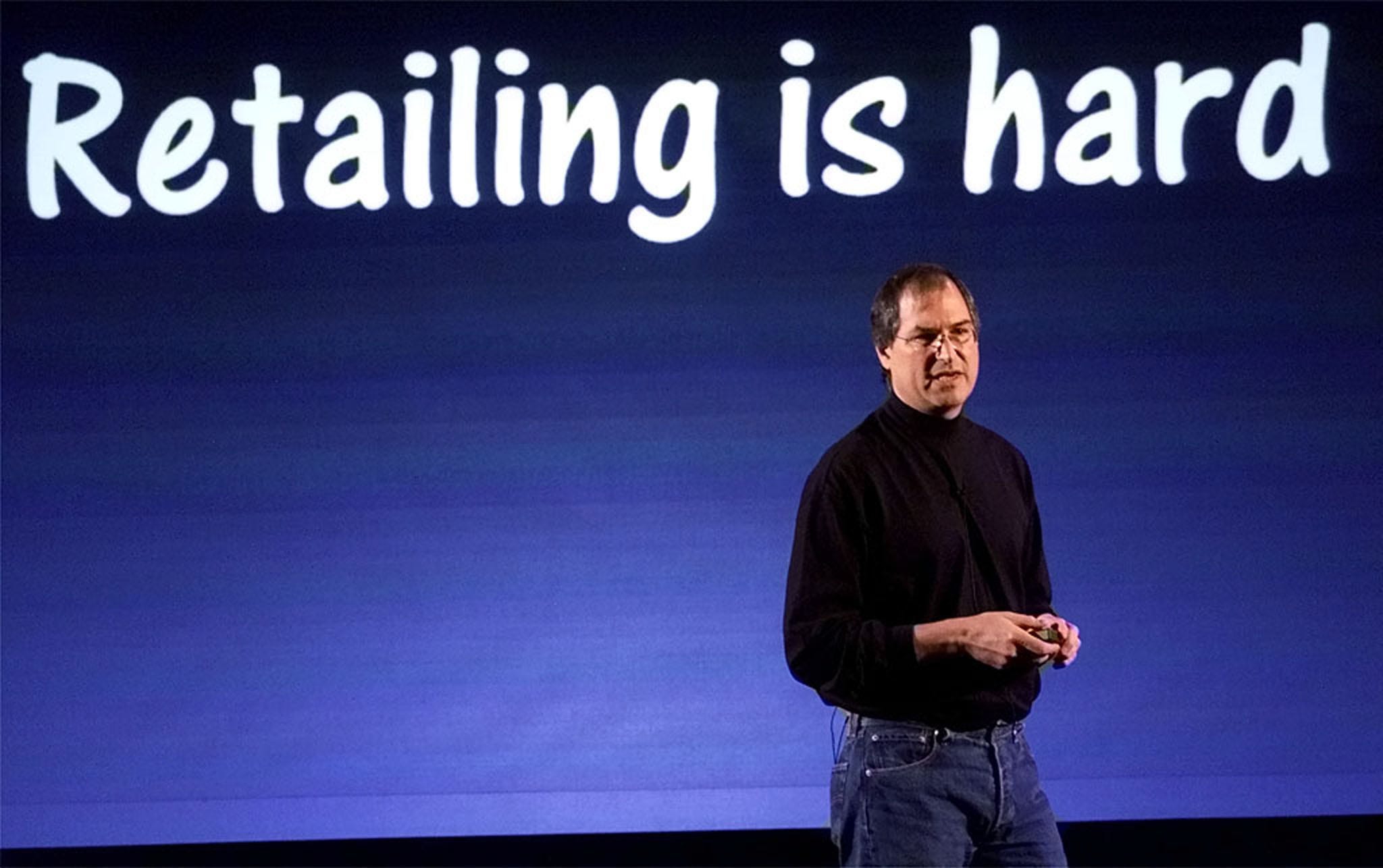
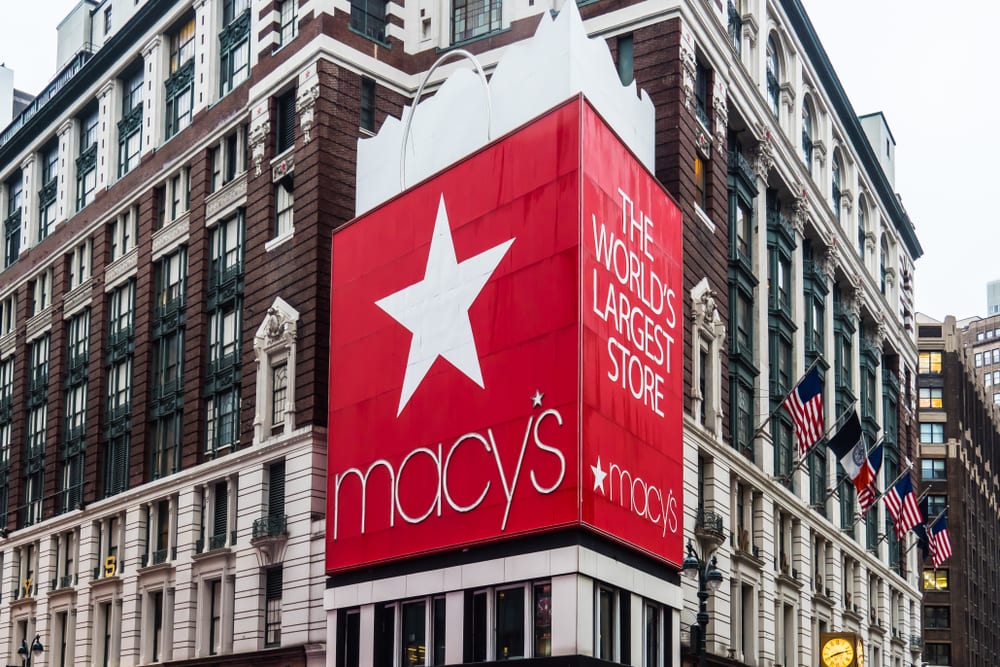
![[Funding Alert] Facebook, Others Back Edtech Start-Up Unacademy In $110 Mln Funding Round - deals in retail](https://dealsinretail.com/wp-content/uploads/2020/02/Funding-Alert-Facebook-Others-Back-Edtech-Start-Up-Unacademy-In-110-Mln-Funding-Round-deals-in-retail.jpeg)

